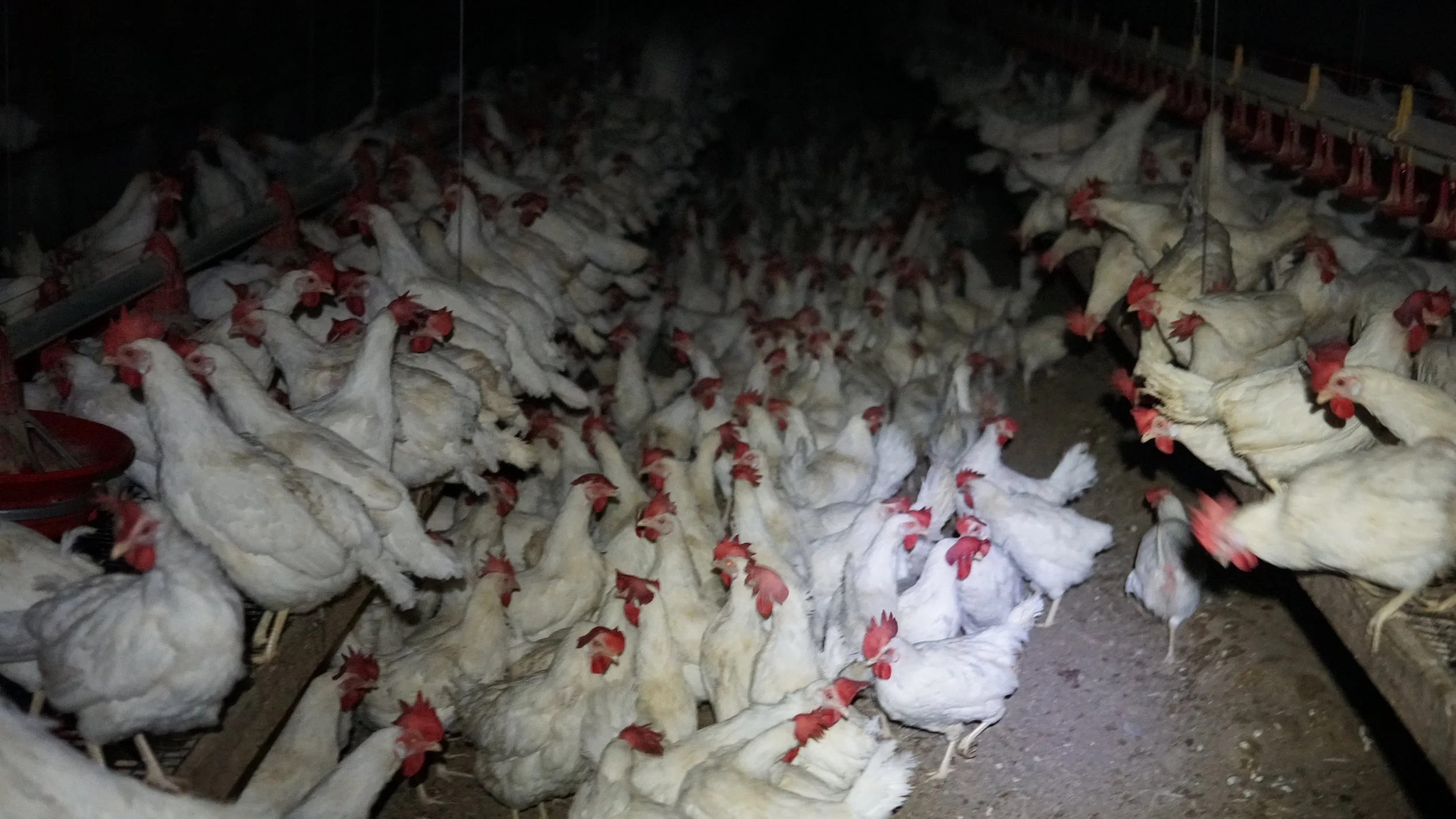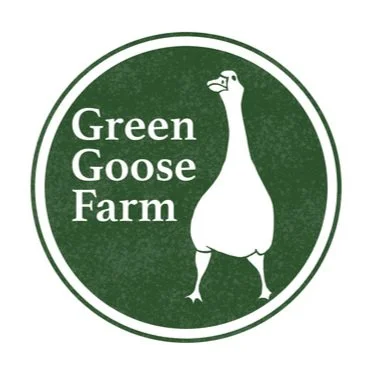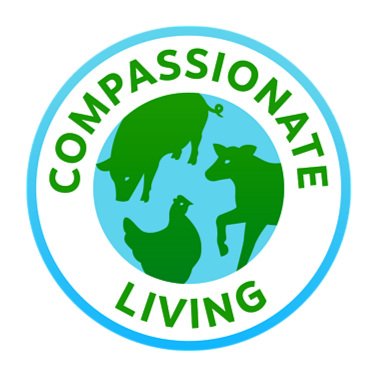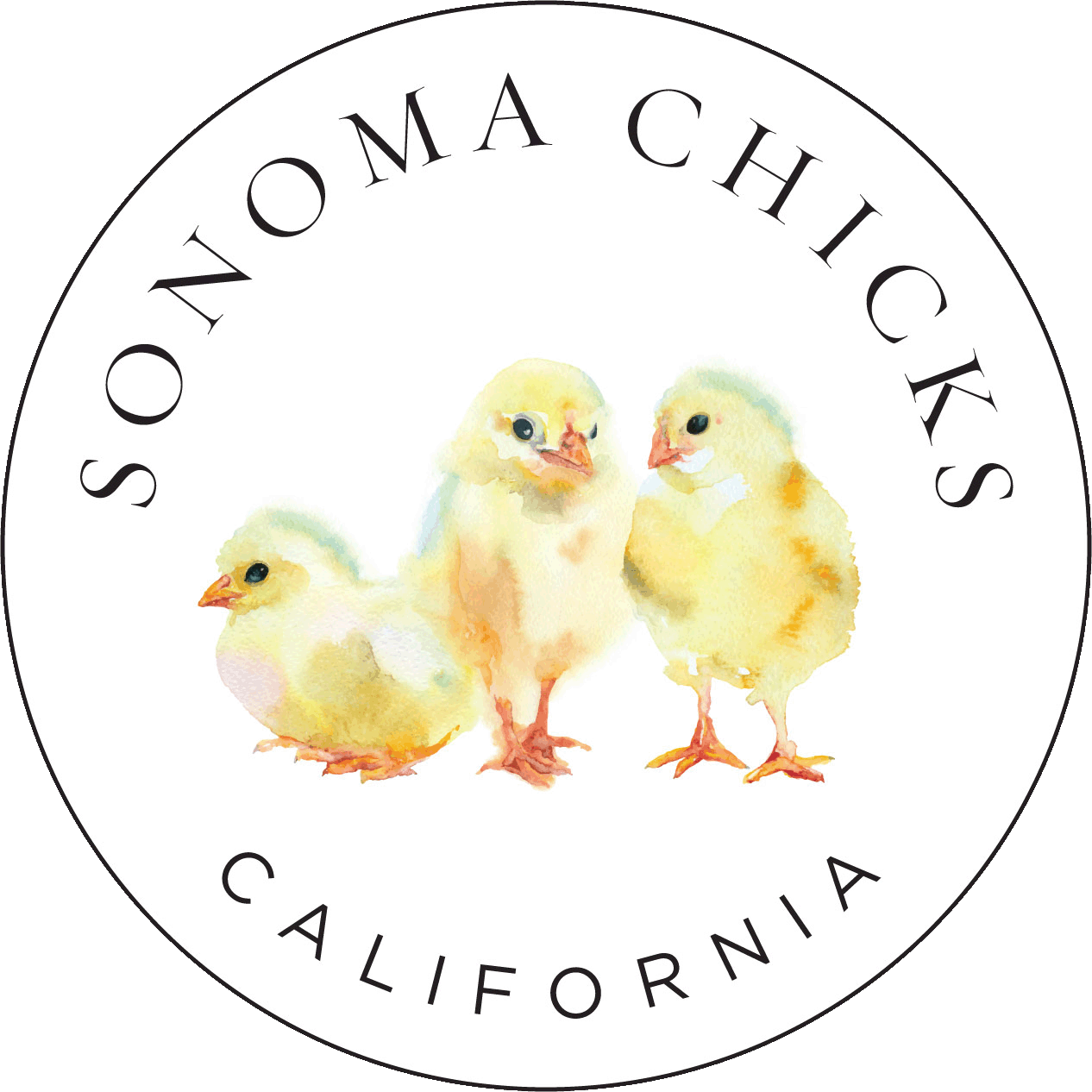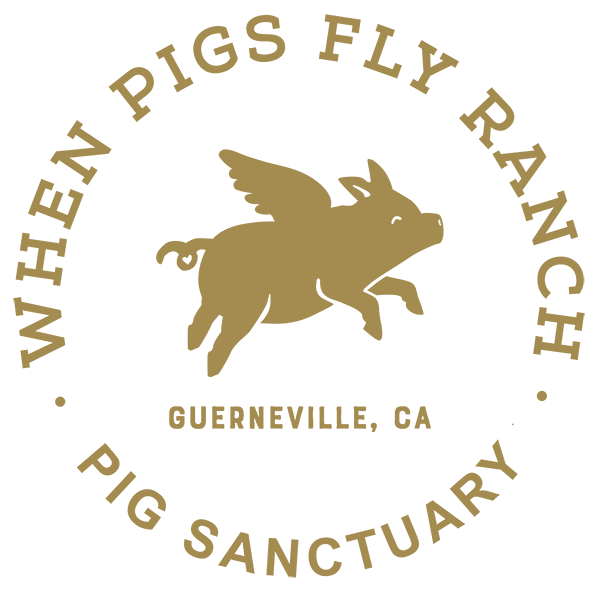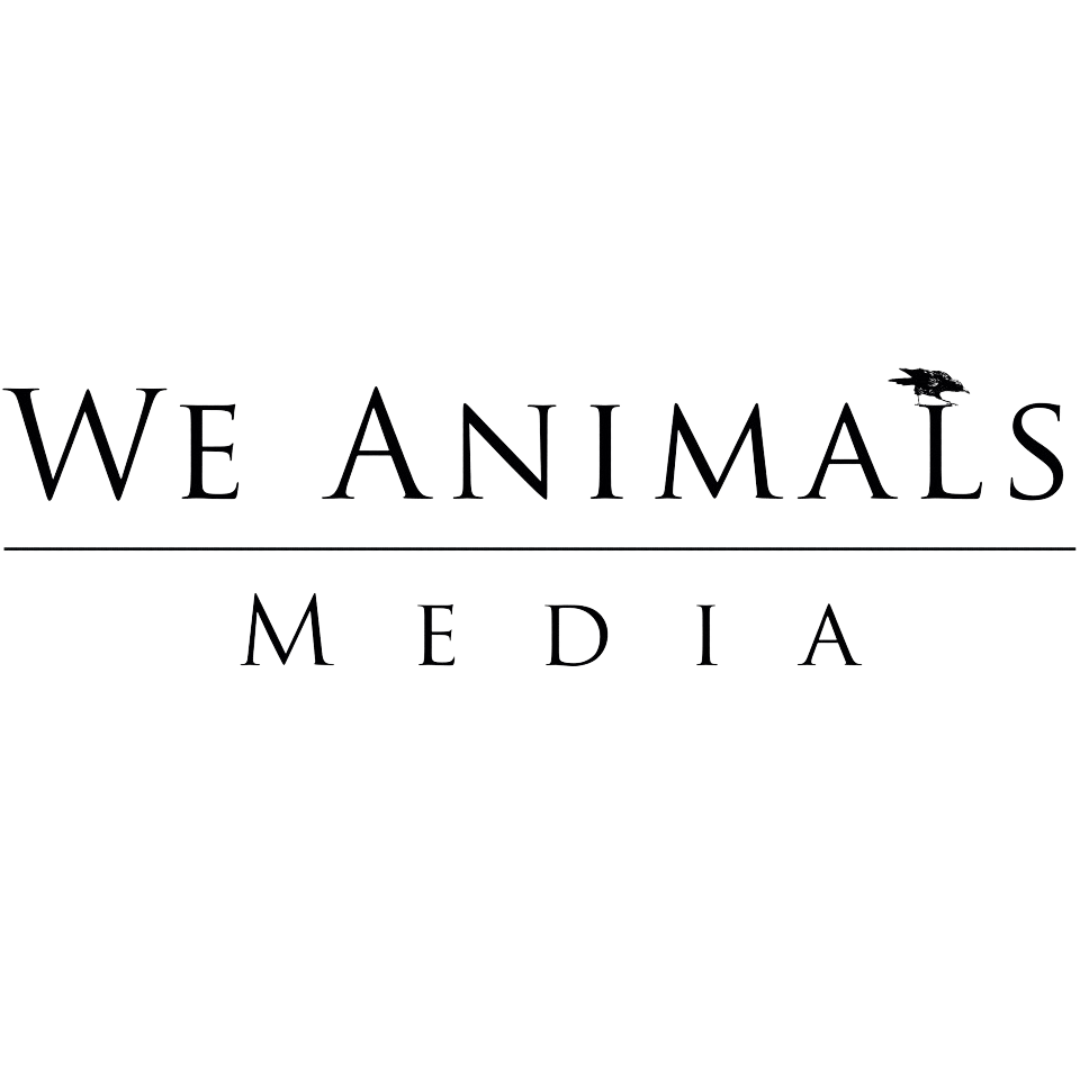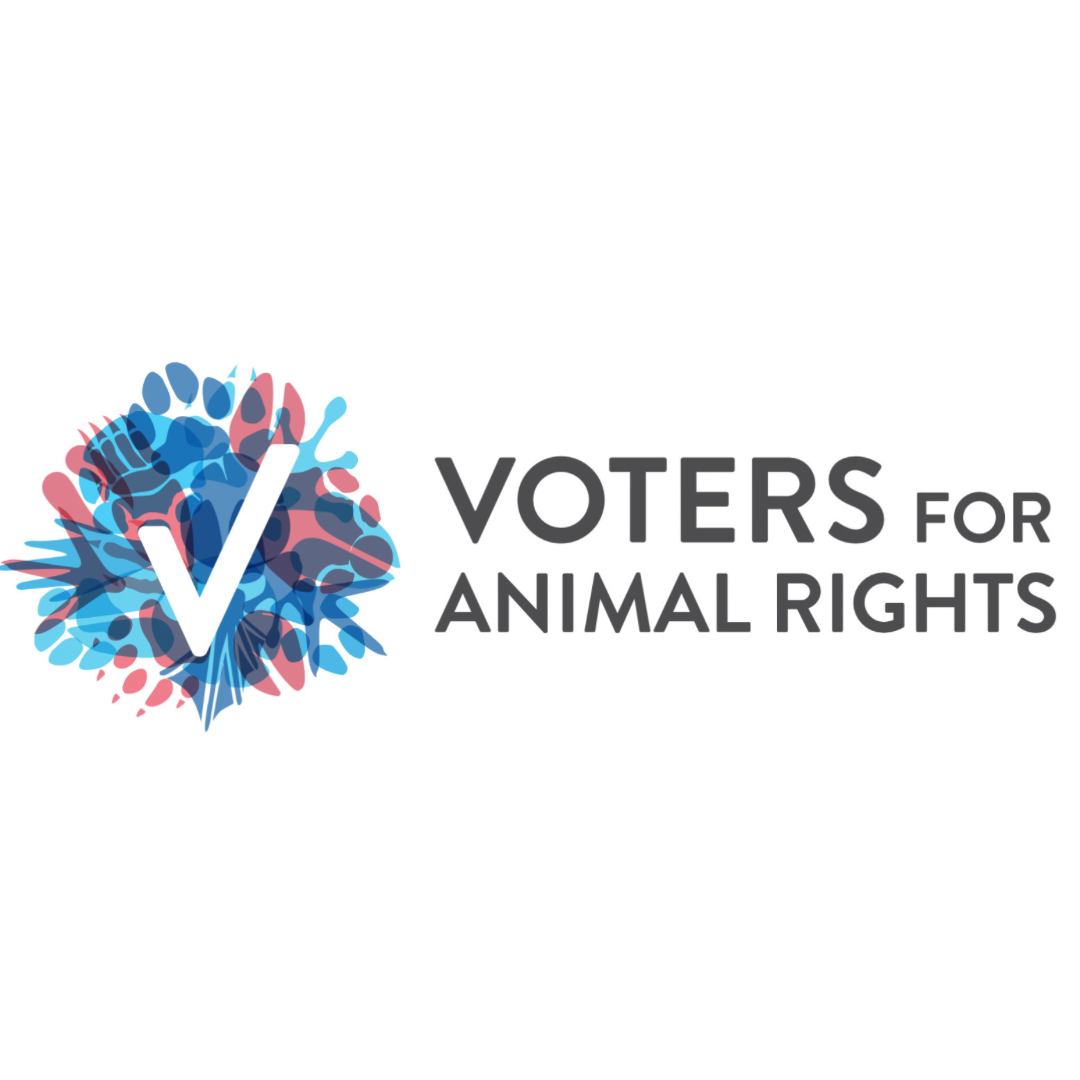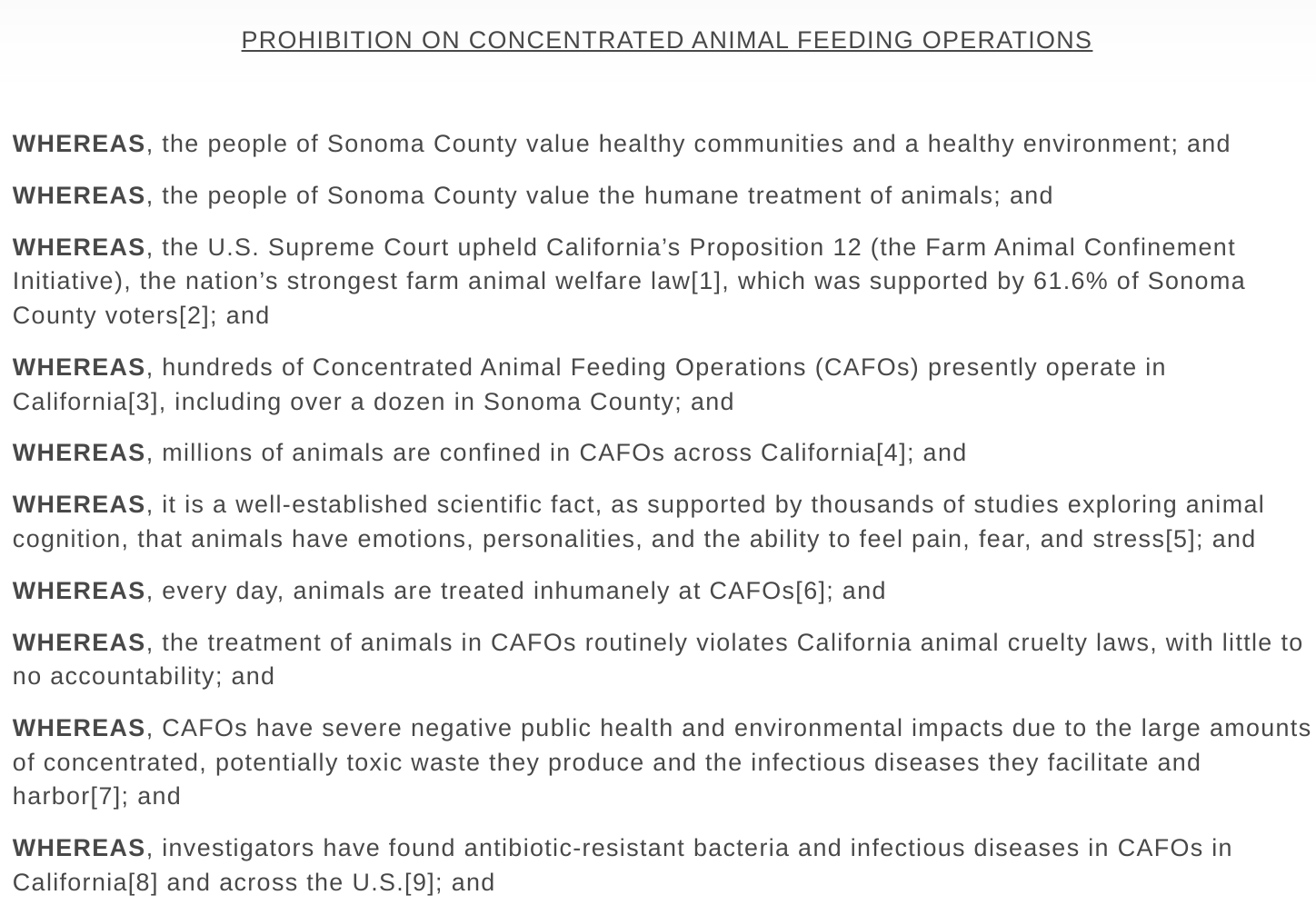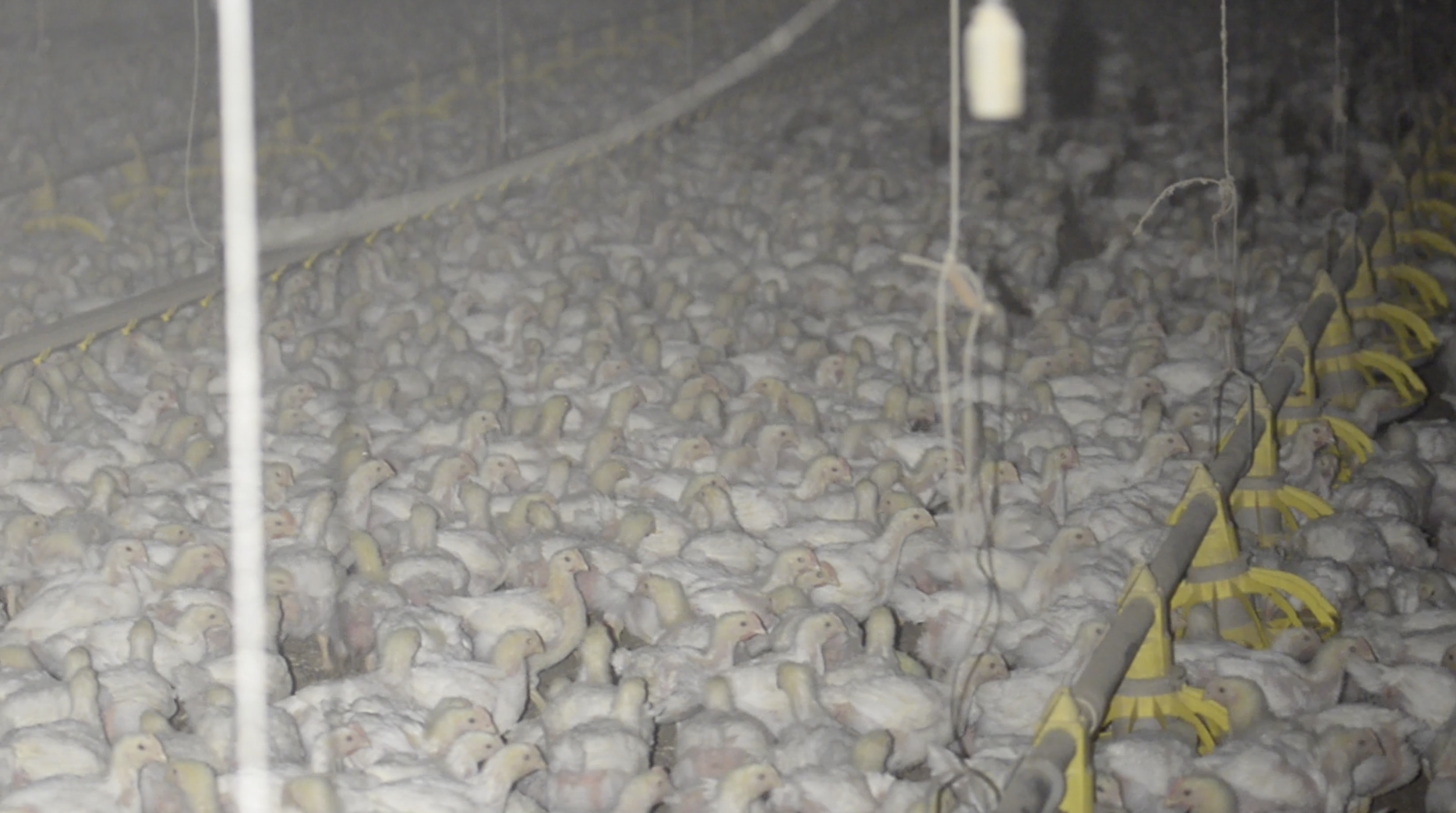
Perdue Chicken CAFO in Petaluma
Vote Yes On Measure J
A ban on the cruel, massive-scale confinement of animals in Sonoma County, to be voted on in the November 5th election.
Yes to protect animals
Yes to protect our environment
Yes to protect public health
Yes to protect small farms
Why Prohibit CAFOs?
Sonoma County is well-known for its hundreds of small family farms. But throughout the county, around two dozen Concentrated Animal Feeding Operations, also called factory farms, are operating in near secrecy
These industrial facilities harm animals, pollute our air and water, and spread disease. They are not in line with the values of Sonoma County residents.
Measure J would affect just 3% of all animal farms in the county, requiring them to scale down to manageable populations over the next 3 years. Together, we can start the transition away from factory farms and build a better world for all!
Protecting Animal Welfare
Investigations revealed severe and systemic animal welfare issues in Sonoma County’s large poultry, egg and dairy farms. Measure J will prevent this abuse by prohibiting CAFOs.
A hen covered in feces at a Sunrise Farms CAFO in Petaluma
Ducks stuck on their backs, unable to stand up at Reichardt in Petaluma
Baby cows confined in hutches at Mertens Dairy in Sonoma
To learn more about the conditions in factory farms, check out our FAQ. For exact number limits imposed by this measure, see the impact report or measure text.
Protecting the environment
CAFOs pollute local rivers and streams, threatening aquatic ecosystems, and emit greenhouse gasses at odds with Sonoma County's goal of achieving net zero emissions by 2030.
Manure lagoons at Deer Valley Dairy CAFO in Petaluma
Manure lagoon the size of two football fields at Mertens Dairy in Sonoma
Petaluma Egg Farm CAFO, Petaluma
Protecting public health
CAFOs emit toxic gases and particles that can cause serious health issues for nearby residents. They also pose risks of zoonotic diseases, which can jump from animals to humans. Measure J will reduce these risks by eliminating the primary sources of pollution and disease.
Taking the power back
If our legislators won’t act to solve the problem, we will. That's why the Coalition to End Factory Farming is using the ballot measure process, a process which provides citizens an opportunity to take the power back and directly pass legislation ourselves.
Help pass Measure J
Supported by
Learn more
Questions or concerns? Don’t hesitate to reach out!








